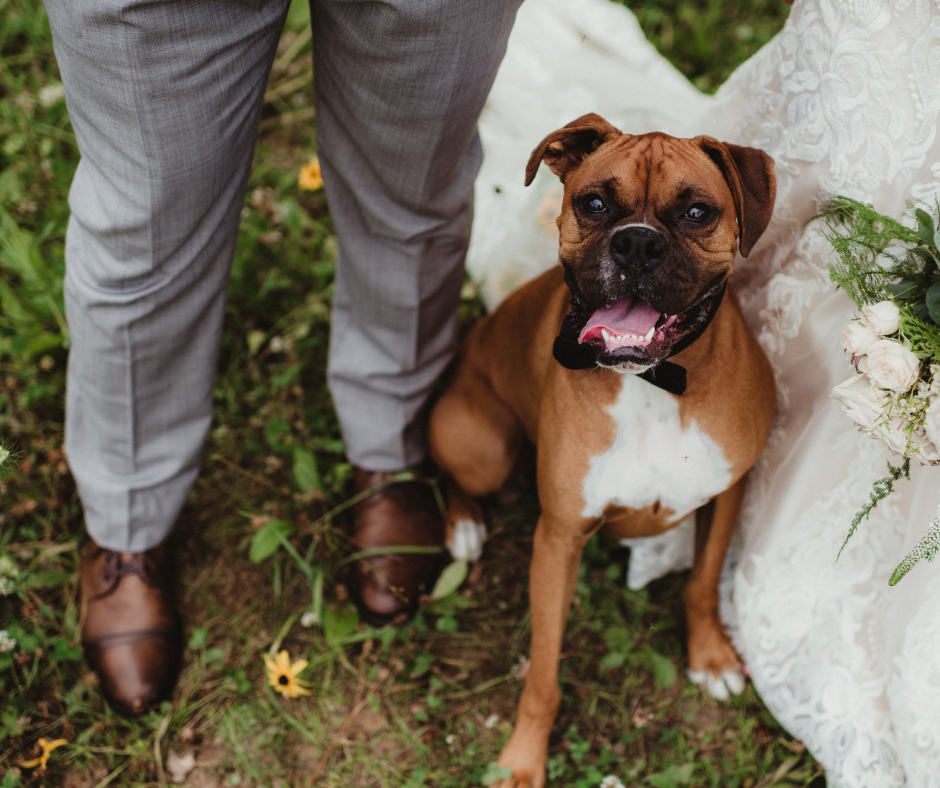Divorce is undoubtedly a challenging journey, filled with countless decisions about housing, children, finances, and the emotional turmoil that comes with it. Amidst this whirlwind, another loved one often enters the picture, your cherished pet.
For many, a family dog is more than just an animal; it’s a bona fide family member, and the bond shared with the canine companion is unbreakable. Among all your concerns during a divorce, you may be worried about the fate of your furry friend.
In this blog post, we’ll delve into the realm of property law and how it pertains to pet ownership in the context of a Texas divorce.
Understanding Pet Ownership Laws in a Texas Divorce
In situations where a divorcing couple cannot agree on who should retain custody of a pet, the court steps in to make that decision. In the eyes of the law, animals are generally treated as property, and standard property division laws are applied to determine pet ownership.
Texas follows a “community property” division system in divorce proceedings. Assuming that all property acquired during the marriage is “marital property,” it is owned equally by both spouses. Other than in extenuating circumstances, the court aims to ensure that each spouse receives 50% of the marital assets.
Any asset you owned before the marriage is typically considered “separate property,” and the court usually allows you to retain it without dispute.
To retain ownership of any marital asset, including a pet, you must establish your entitlement to that asset by demonstrating your legal right or interest in it. In the case of pets, entitlement can be influenced by factors such as:
- Who devoted more time to caring for the pet.
- The depth of the bond between the pet and its owner.
- Who possesses the financial means to continue providing for the pet’s well-being.
- How will awarding the pet affect the net asset division between the parties, if the pet has a particularly high monetary value.
In Summary
When striving to keep your dog in a Texas divorce:
- If you acquired the dog during the marriage, you must provide evidence of your entitlement to the animal.
- If you owned the pet before the marriage, it is considered separate property, strengthening your case to retain custody post-divorce.
- If the dog is deemed marital property (acquired during the marriage) and you are awarded custody, be prepared to compensate your spouse for half of the pet’s value.
What Rights Do I Have to My Pet After a Divorce in Texas?
In Texas, pets are legally regarded as property, subject to equitable division between the divorcing parties. However, pets hold a unique emotional value that transcends mere monetary worth. Many judges recognize this emotional connection and may consider the pet’s best interests in their decisions.
Although Texas doesn’t recognize “custody battles” for pets, there are alternatives. Shared ownership, with the pet moving between households, may be an option. Your attorney can assist you in exploring alternatives to ensure your beloved pet remains in your life.
Responsibility for Pet Expenses After a Texas Divorce
In most cases, the court treats pets as assets like cars or furniture, assigning ownership to one spouse. The spouse who retains ownership is typically responsible for the ongoing care of the pet.
However, if both spouses contributed to the pet’s care during the marriage, the court may require both parties to share financial responsibility after the divorce. Consult with your attorney if you need guidance on caring for your pet’s needs post-divorce.
Pets and Prenuptial Agreements
You can include provisions for pet ownership in a prenuptial or postnuptial agreement. These agreements can outline who will assume ownership and the financial responsibilities for the pet in case of divorce.
What Should I Do if My Spouse Wants to Keep the Dog in a Divorce?
If your spouse expresses a desire to retain custody of the dog, take these steps:
- Gather evidence demonstrating that you are the primary caregiver and share a stronger bond with the pet. This evidence may include records of vet visits, feeding, walking, and training schedules, as well as receipts for pet supplies and toys. Highlight instances where your pet has positively responded to your presence and commands, showcasing the depth of your bond.
- Consider negotiating a mutually beneficial custody arrangement with your spouse to avoid court involvement. Mediation can facilitate discussions on various divorce terms, including a shared custody schedule for your pet.
- If all else fails, consult with an attorney experienced in divorce and pet custody cases. They can guide you through the legal process and advocate for your pet’s best interests. Remember, caring for your pet is a significant responsibility, and prioritizing their well-being is paramount during this challenging time.
At Moran Law Firm, we understand the importance of your beloved pets in your life. If you have any questions or need assistance with pet-related issues in your divorce, don’t hesitate to reach out to our experienced legal team. We’re here to support you in protecting your furry family members during this difficult period.


